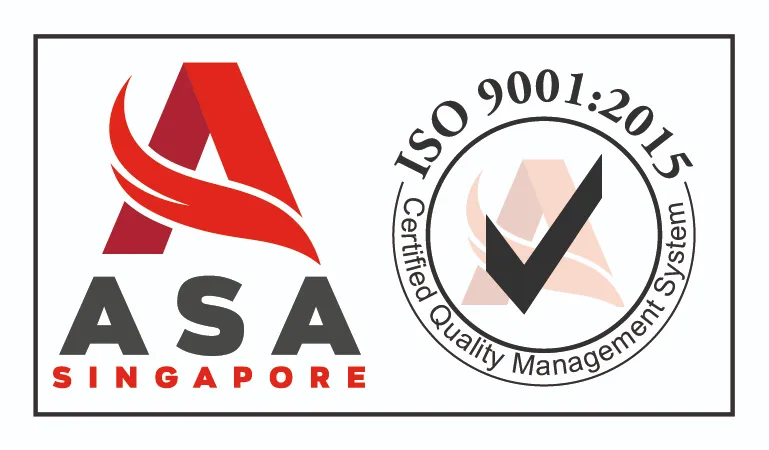In Singapore’s highly regulated and time-sensitive export industry, accurate documentation is the backbone of smooth logistics operations. One document that often gets overlooked until it’s urgently needed is the Shut-Out Permit.
What Is a Shut-Out Permit?
A Shut-Out Permit is a specific type of export permit used when declared goods are not shipped out as scheduled. This permit formally updates or cancels the original export declaration, indicating that the goods were “shut out” or left behind due to unforeseen circumstances.
Some common reasons requiring a Shut-Out Permit include:
- Cargo not loaded onto the intended vessel
- Port congestion or vessel delays
- Changes in shipping schedules
- Overbooking by the shipping line
- Administrative or documentation errors
Without a valid Shut-Out Permit, businesses may face compliance issues, delayed future exports, or audits by Singapore Customs.

Why Is a Shut-Out Permit Important?
The Shut-Out Permit plays a crucial role in ensuring regulatory compliance and transparency in the event of a missed shipment. If your goods were not exported under an approved permit, it is mandatory to file a Shut-Out Permit in Singapore to update the export record with Singapore Customs.
Key reasons why a Shut-Out Permit is important:
- Prevents discrepancies in customs records
- Avoids future permit delays or rejections
- Helps maintain an accurate audit trail for your goods
- Enables re-declaration for a new shipment without issues
When to Apply for a Shut-Out Permit
You should apply for a Shut-Out Permit immediately if:
- Your container was gated-in but not shipped
- The vessel ETD has changed significantly
- You need to re-export the goods under a new schedule
- Your logistics partner notifies you of a shut-out
It’s best not to delay the earlier the Shut-Out Permit is filed, the smoother your next export process will be.
Shut-Out Permit Singapore Process: How Declarators Helps
At Declarators, we offer fast, accurate, and hassle-free submission of Shut-Out Permits in Singapore. Our team ensures:
- Proper documentation of the missed shipment
- Timely filing of the shut-out permit with the correct permit codes
- Coordination with Singapore Customs and port authorities
- Avoidance of compliance penalties or red flags
Our team has deep experience handling Shut-Out Permits across a wide range of industries — from electronics and FMCG to chemicals and perishables.
Shut-Out Permit vs. Export Permit: Know the Difference
Understanding the difference between these two permit types is essential:
Permit Type | Purpose | When to Use |
Export Permit | Declare goods intended for export | Before physical export |
Shut-Out Permit | Cancel or amend unshipped goods declarations | After goods are not shipped as declared |
The Shut-Out Permit is not just a cancellation it is a regulatory requirement when your goods are declared but not exported.
FAQs About Shut-Out Permits in Singapore
Q1: Can I re-use the same export permit after a shut-out?
No. A new export permit must be submitted after the Shut-Out Permit is processed.
Q2: What happens if I don’t submit a Shut-Out Permit?
This may trigger compliance flags, delays in future permit approvals, or customs investigations.
Q3: How fast can Declarators file a Shut-Out Permit?
We offer same-day processing for most shut-out cases if documents are in order.
Work with a Trusted Shut-Out Permit Specialist
Don’t let an unexpected vessel delay or container issue derail your supply chain. Partner with Declarators for expert handling of your Shut-Out Permit in Singapore and enjoy peace of mind knowing your compliance is covered.
🌐 www.declarators.com.sg
📧 group@declarators.com.sg
📞 +65 6385 2155

















